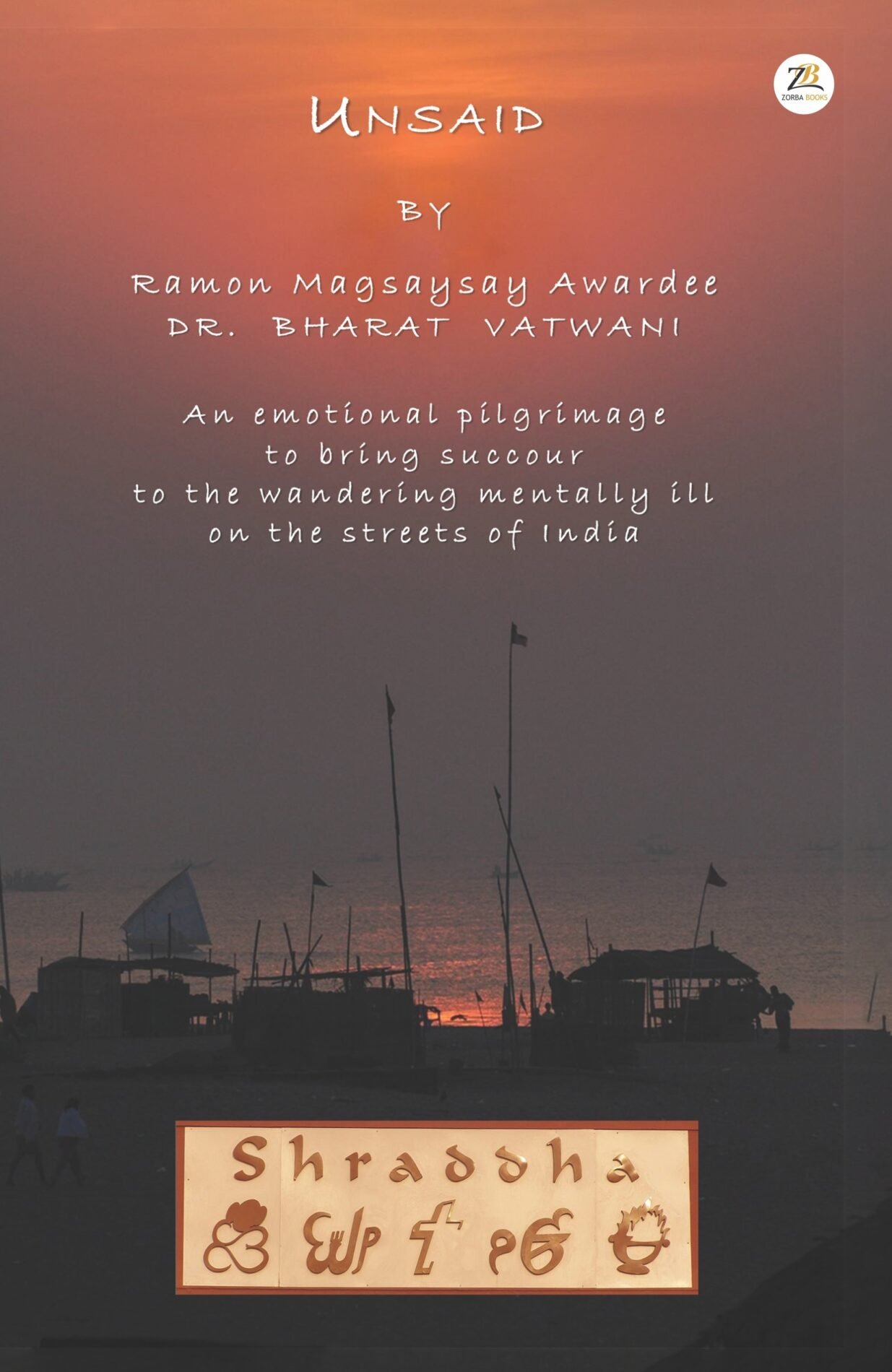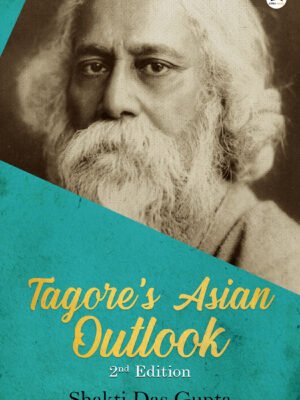Description
2018 Ramon Magsaysay Awardee
BHARAT VATWANI
In a few countries, the contrast between great wealth and extreme poverty is as stark as in India. Of the latter, a popular image is its street people, dirty, dishevelled, and famished, huddled on pavements, in train stations, bus stands, and public shrines. An estimated 400,000 of them are mentally ill, victimised not so much by poverty as by a problem society has not sufficiently understood and addressed: the problem of mental health. Stigmatized and feared, the response of many to these street persons is to pretend they do not exist.
One man chose not to pretend. Psychiatrist Bharat Vatwani was out dining in a restaurant with his wife Smitha, also a psychiatrist, when they were appalled at the sight of a thin, unkempt man drinking water from a street canal. Taking time to talk to the man, a mentally-afflicted college graduate, they decided to bring him to their clinic to be washed and treated. This show of empathy was not entirely surprising. Vatwani knew what poverty was like. Losing his father when he was only 12 years old forced him and his brothers to take odd jobs, like peddling books door-to-door. Struggling through school as a self-supporting student, Vatwani successfully completed his medical studies in psychiatry at Grant Medical College and at G.S. Medical College & Hospital, both in Mumbai.
After their encounter with the man who drank water from a canal, Dr. Vatwani and his wife started an informal operation of bringing mentally-ill street persons to their private clinic for treatment. This eventually led to the establishment of Shraddha Rehabilitation Foundation in 1988, aimed at rescuing mentally-ill persons living on the streets; providing free shelter, food, and psychiatric treatment; and reuniting them with their families.
Starting with a two-room tenement that could take only three people at a time, Shraddha drew public attention when they rescued and treated a street person who turned out to be a respected lecturer at a Mumbai art school, who had inexplicably disappeared. Learning about what the Vatwanis had done, the school’s faculty and students organized a major art exhibition that drew 141 participating artists in India and abroad, and successfully raised US$22,357. Using this seed money, the Vatwanis bought a piece of property in Mumbai for a 20-bed facility that they opened in 1997; the unexpected donation inspired them to further expand their work with the help of private donors, volunteer professionals, and social workers. In 2006, they moved to a bigger 120-patient facility in Karjat outside Mumbai, which had five buildings on a 6.5-acre land. By then, they had strengthened their three-phase therapeutic program, consisting of the rescue and treatment of mentally-ill street persons, reuniting patients with their families, and promoting awareness of mental health in communities.
Their rescue work has been aided by the police, social workers, and referrals. Shraddha’s free custodial care and treatment ranges from personal hygiene, medical check-ups, psychiatric treatment, to appropriate medication—all done in the open, healing environment of the Karjat facility where patients can engage in simple farm activities and find solace in a multi-religious meditation center. The foundation tracks patients’ families, arranges reunions, and uses such opportunities to spread a supportive and enlightened understanding of mental health among the families and their communities. In a one-of-a-kind mission that began in 1988, Vatwani and the foundation have by now rescued, treated, and reintegrated into their families and communities more than 7,000 of India’s mentally-ill roadside destitute, with a remarkable reunion rate of 95%.
Vatwani’s painstaking, humane undertaking has had to contend with numerous challenges. A deeply spiritual person, the good doctor is often beset by doubts whether he has done enough, given the magnitude of the mental health problem in his country. Notwithstanding these self-doubts, he remains confident in his faith that in the end, “Good work shall continue when there is inherent goodness in the work.”
In electing Bharat Vatwani to receive the 2018 Ramon Magsaysay Award, the board of trustees recognizes his tremendous courage and healing compassion in embracing India’s mentally-afflicted destitute, and his steadfast and magnanimous dedication to the work of restoring and affirming the human dignity of even the most ostracized in our midst.
About the Author
Dr. Bharat Vatwani is a psychiatrist by training and a humanitarian by conviction. Alongside his wife, Dr. Smitha Vatwani, he co-founded Shraddha Rehabilitation Foundation in 1988—a charitable NGO dedicated to the rescue, treatment and reunification of wandering mentally ill destitutes across India. For over three and a half decades, Shraddha has operated entirely free of cost, guided by the belief that no human being should be abandoned due to mental illness.
He currently serves on the National Advisory Committee on Accessible Elections (NACAE) under the Election Commission of India, advocating for inclusive electoral processes for Persons with Disabilities. He is also a member of the Mental Health Review Board, Thane (MHRB) in Maharashtra and a Trustee of Mano Bandhu, an NGO in Andhra Pradesh working with the wandering mentally ill.
In recognition of his lifelong service, Dr. Vatwani was invited by the President of India to the Republic Day Home Reception at Rashtrapati Bhavan on 26th January 2025—a ceremonial honour extended to individuals who have made exceptional contributions to the nation.
His work has been celebrated through numerous accolades, including the Ramon Magsaysay Award (2018), the Indian Psychiatric Society Lifetime Achievement Award and invitations to speak at prestigious institutions such as NIMHANS, TEDxGateway, Harvard University, the American Psychiatric Association (APA) and numerous other dignified platforms across India and abroad. At each, he has shared Shraddha’s pioneering reunification model and its dignity-driven approach to psychiatric care.
Dr. Vatwani is also a poet and author. His works—Alone, Isolated and Lonely; Bedakhal (Marathi) and Kahin Koi Mehfil Na Mili (Hindi) —capture the emotional landscapes of those he has served and reflect the quiet resilience of the human spirit.





Reviews
There are no reviews yet.